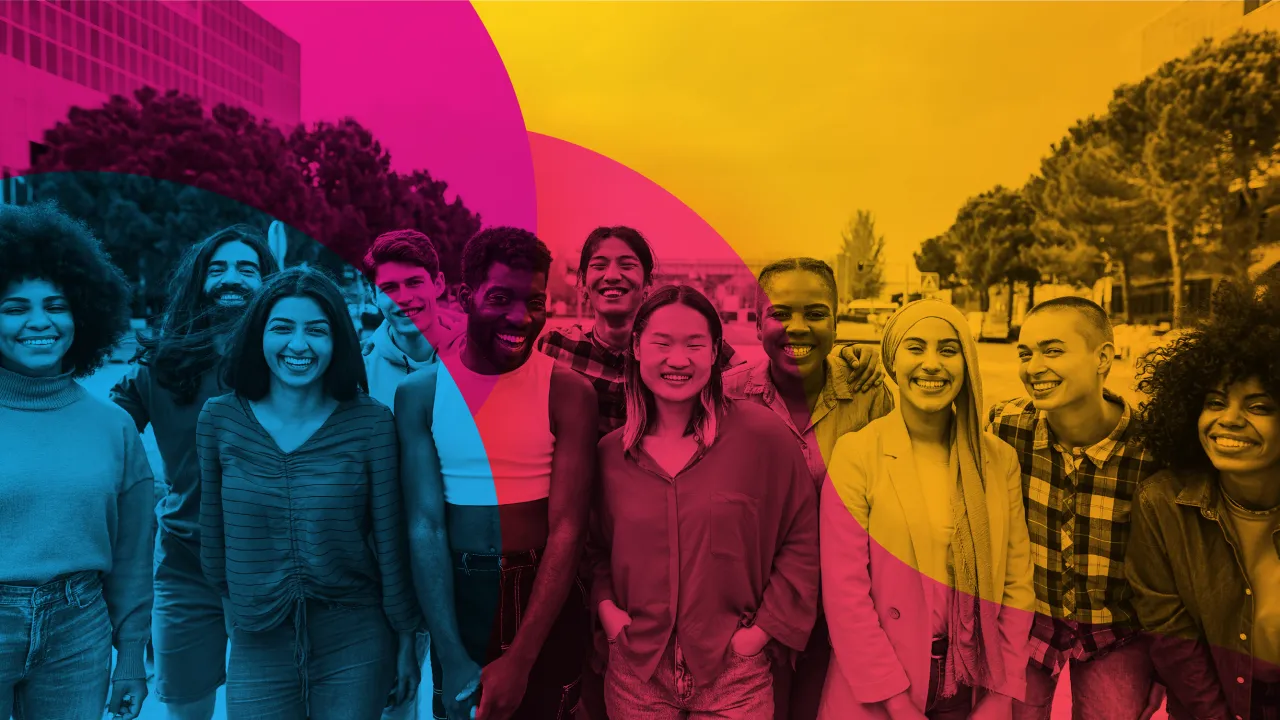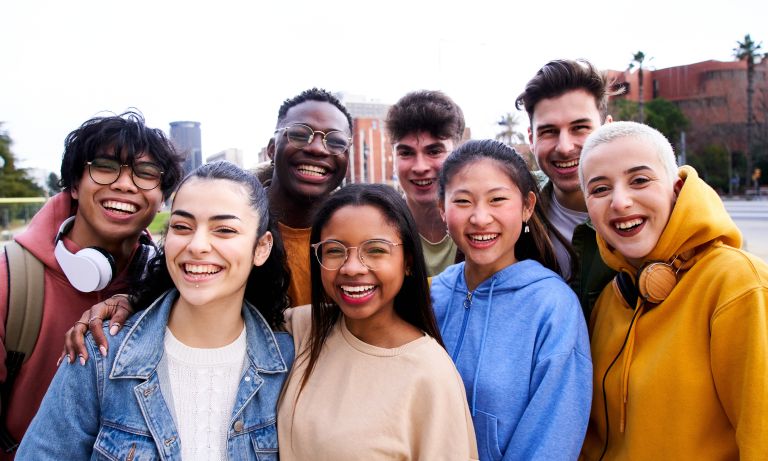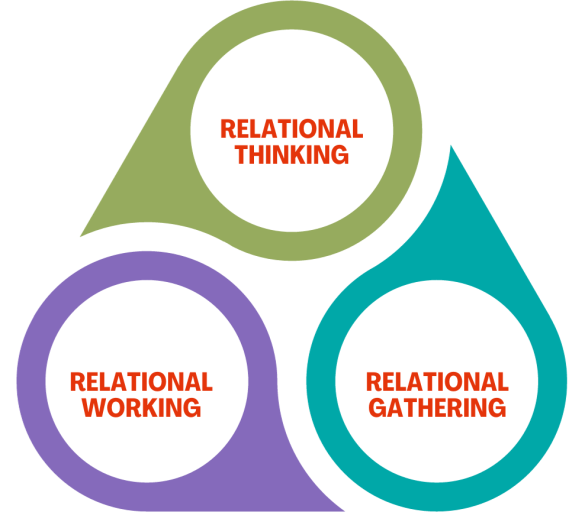
Relational wellbeing


Young people and relational wellbeing
We are primarily interested in studying the lives of young people aged 10 to 24. In contemporary societies, this age group faces significant challenges, which are exacerbated among young people in the Global South.
This includes unprecedented challenges about their future; uncertainty and precariousness regarding livelihoods; social inequalities in terms of accessing food, water and healthcare; the effects of the climate crisis; global economic turbulence; opportunities and risks associated with digitalisation; and mental health concerns such as increasing rates of anxiety, depression and suicides.
By focusing on young people, we hope to generate insights into what youth wellbeing looks like (and should look like) across different contexts, what challenges youth face and how best to advance the wellbeing of young people in the Global South. We will also learn about the value of a relational approach to both understanding and cultivating youth wellbeing, and will work in partnership and collaboration with youth and related stakeholders towards the advancement of youth wellbeing in the Global South.

Relational wellbeing framework
While we are not prescriptive about the specific models, theories or methodologies that need to be followed, all research projects, whether empirical or conceptual, are required to use relational wellbeing (RWB) to guide their research approach. In the u’GOOD programme, this means investing in a relational approach that prioritises three primary principles: relational thinking, relational gathering and relational working.
Our focus on RWB builds on 20 years of research on wellbeing in the Global South as articulated by White & Jha (2020). We're curious about how people come to live decent, satisfying lives while navigating challenges. While relational wellbeing includes having enough (material wellbeing) and feeling good (subjective wellbeing), it is ultimately about how life is lived as a series of shared interactions, connections and strategies that take place in multiple domains and at interlinking levels – the personal, societal and environmental.
Through the adoption of a relational wellbeing framework, u’GOOD embraces people-centred, collaborative and participatory approaches to conducting research to generate insights into how the relational aspect of multiple domains may contribute to wellbeing.
Join our community of practice
Our community of practice seeks to enhance collaboration and build knowledge practices across the programme.